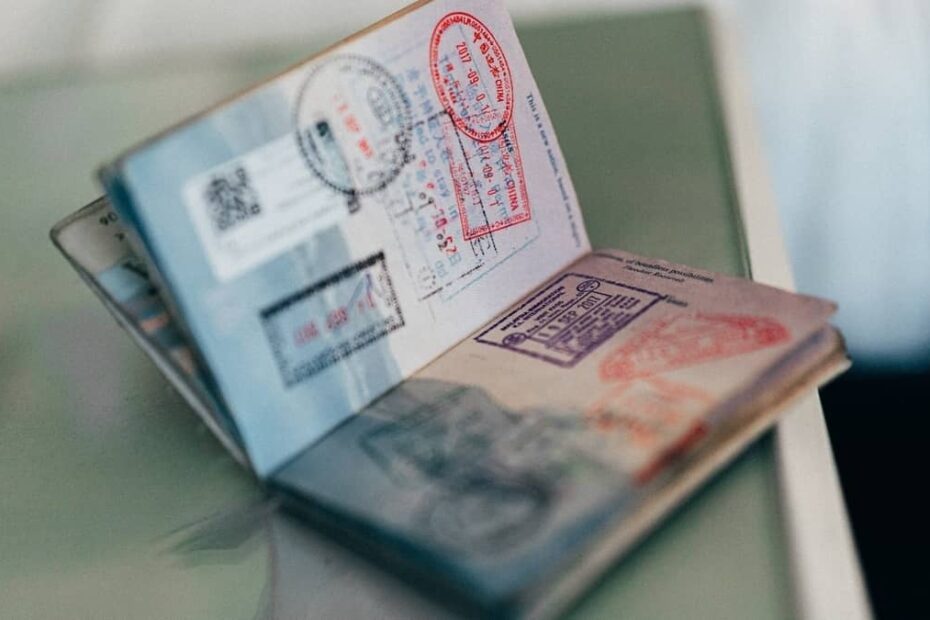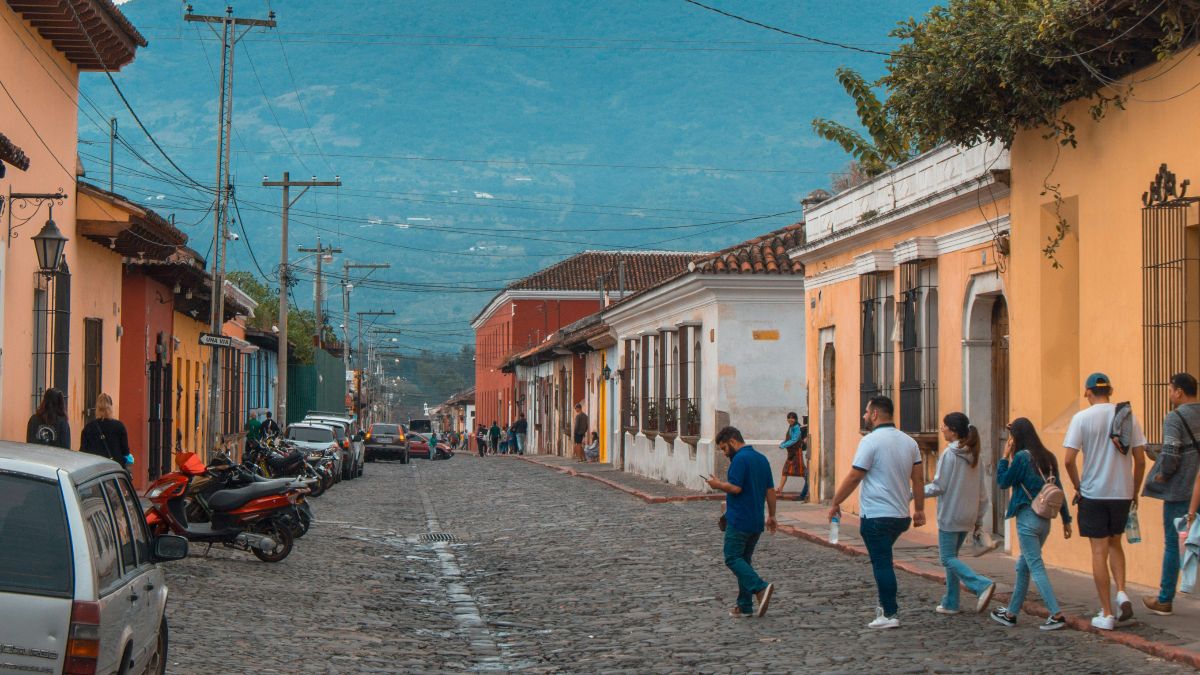We’ve been talking for months about tourism in Central America during this pandemic. But we never focused on the requirements for travelers returning home from Central America. We’ll address that here.
It’s one thing traveling to Central America to explore our rainforests, beaches, and culture. The weather’s getting better and for the most part, our individual COVID curves are on the right track. But it’s something else altogether to face the prospect of travel bans or quarantines when you get home.
That’s the kind of thing to make anyone hesitate, no matter how tempting the prospect of some tropical sun can be after a terrible year, especially in the light of the new omicron variant they’re all talking about.
Each Central American country has its own entry requirements and COVID protocols for incoming tourists. But one thing we often overlook is that so do most other countries, and these protocols can affect us as we try to boost tourism again.
It’s worth us, here in Central America, knowing which countries and regions are doing what.
Because this affects tourist flow as much as our own protocols, and determines factors like which airlines are coming in or not. And for their part, potential travelers need to know what’s in store for them when they return.
For that reason, we’ve created a guide to the rules governing travelers returning home to other countries. For the sake of this article, we’re only looking at North America and Europe. These are the regions from where Central America receives the vast majority of tourists. Travelers from elsewhere should check with authorities in their individual countries.
We’ll do our best to update this guide as and when info changes.
North America:
Canada
All travelers to Canada must provide negative results of a PCR test taken within 72 hours of boarding their flight. Canada does not accept rapid antigen tests. They must also download the ArriveCAN app and fill in the required info. Upon arrival in Canada, they must take another PCR test if selected to do so.
Unvaccinated travelers need to quarantine for 14 days, and take another test on Day 8. Their place of quarantine has to be approved by the government. Canada is super-strict about quarantine locations, so read the requirements carefully.
Please note that these rules apply to Canadian citizens/residents for the main part. If you’re not a Canadian citizen or resident, and you wish to enter Canada while unvaccinated or partially vaccinated, there’s a chance you might be denied entry.
From April 1, the pre-testing requirement to enter Canada will be dropped for vaccinated travelers.
📣 News 📣
Canada is relaxing some of its travel requirements for fully vaccinated visitors starting April 1. https://t.co/CFkD02UYos— Lonely Planet (@lonelyplanet) March 18, 2022
United States
All travelers returning to the United States must show a negative Covid test – either PCR or rapid antigen – taken within one day prior to arrival. This applies to vaccinated and non-vaccinated travelers alike.
The United States accepts home tests for travelers to bring with them to avoid getting their tests abroad before flying home, but recommends checking to see if that home test will be accepted by the airline or the country the traveler is departing. Costa Rica, for example, does not allow home tests.
You can only enter the United States non/partially-vaccinated if you’re a U.S. citizen or legal resident. Non-citizens/residents 18 years old or over must show proof of full vaccine, with the second dose completed a minimum of two weeks before arrival. The CDC lists the following exemptions for non/partially-vaccinated non-citizens/residents:
- Persons on diplomatic or official foreign government travel
- Children under 18 years of age
- Persons with documented medical contraindications to receiving a COVID-19 vaccine
- Participants in certain COVID-19 vaccine trials
- Persons issued a humanitarian or emergency exception
- Persons with valid visas [excluding B-1 (business) or B-2 (tourism) visas] who are citizens of a foreign country with limited COVID-19 vaccine availability
- Members of the U.S. Armed Forces or their spouses or children (under 18 years of age)
- Sea crew members traveling pursuant to a C-1 and D nonimmigrant visa
- Persons whose entry would be in the national interest, as determined by the Secretary of State, Secretary of Transportation, or Secretary of Homeland Security (or their designees)
Any other reasons for entering the United States, including vacations, visiting family/friends, and business require proof of full vaccination. In addition, non-citizens/residents must also show a negative Covid test taken within three days prior to entering the United States. Any non-vaccinated non-citizen/resident entering the United States under any of the exemptions listed above must show their negative test was taken within 24 hours prior to arrival.
Mexico and the rest of North America
There are no current travel restrictions or protocols for travelers returning to Mexico. If you’re from elsewhere in North America, please check with your individual country. You can find entry requirements for Central American countries here.
As El Salvador drops all restrictions, here’s an update of the Covid entry requirements for each Central American country. We only cover the requirements needed (or not) to ENTER each country, NOT internal restrictions or curfews. https://t.co/ws988F8Jv6
— CentralAmericaLiving (@VidaAmerica) November 18, 2021
Europe:
For the sake of brevity, we’ll only count the “larger” European countries from where most visitors to Central America travel from.
France
Since June 2021, France has divided the world into red, orange, and green countries. Red countries are designated “do not travel to” and green countries are open, with little to no restrictions. Orange countries lie somewhere in the middle.
Currently, all Central America is designated “green”. except for Costa Rica and Guatemala, which are still, according to the French Foreign Ministry site, “orange”. Right now, vaccinated travelers arriving in France from either a “green” or “orange” country face no testing restrictions before or after arrival.
Unvaccinated travelers arriving from a “green” country (Belize, El Salvador, Honduras, Nicaragua, Panama) must present a negative test (taken within 72 hours before departure for PCR and within 48 hours for rapid antigen) or proof of recovery of Covid taken between 11 days and 6 months previously.
Unvaccinated travelers to France from an “orange” country (Costa Rica, Guatemala) must follow the same testing requirements and also have with them a sworn statement attesting to the fact that they have no symptoms of Covid, nor have they been in contact with anyone with Covid symptoms. They are also subject to testing upon arrival.
Non-vaccinated travelers returning to France need to fill in the International Travel Certificate. In this form they need to explain why they were in a an orange country in the first place.
Germany
In May 2021, Germany abolished all testing and quarantine requirements for all vaccinated travelers arriving into the country from countries not designated as high risk or high variant risk. At this time, in Central America, this applies to all countries.
All vaccinated travelers arriving in Germany need to complete the digital entry registration. Unvaccinated travelers need to present a negative PCR test taken within 72 hours prior to arrival or, if a rapid antigen test, taken within 48 hours prior to arrival.
Italy
All incoming travelers to Italy can now enter the country, provided that they present a valid vaccination, recovery or test certificate (PCR only, taken within 72 hours prior to entry). They must also fill in the EU Digital Passenger Locator Form before arrival into Italy.
Netherlands
All travelers returning to the Netherlands from Central America must fill in a Health Declaration Form, plus show proof of a negative Covid test taken within 48 hours prior to departure for a PCR and 24 hours for a rapid antigen. This applies to both vaccinated and unvaccinated. They are also advised to do a self test after arrival.
From March 23, the testing requirement will be abolished, although travelers must still fill in the form.
Spain
All travelers arriving in Spain must fill in the Spanish government’s FCS health control form. This will give them a QR code with the info needed upon arrival. Travelers arriving from any Central American country must enter proof of full vaccination in their form plus proof of a Covid test taken within 72 hours (for PCR) or 48 hours (rapid antigen) prior to arrival.
Switzerland
Currently, there are no test or quarantine requirements to enter Switzerland, nor are there forms to fill in.
United Kingdom
Currently, there are no test or quarantine requirements to enter the UK, nor are there forms to fill in.
Covid travel restrictions have ended in the UK https://t.co/dtbCBuDTAZ
— BBC News (World) (@BBCWorld) March 18, 2022
That wraps up our latest update on the restrictions travelers face when returning to their home countries from Central America.
We hope you found it useful. We’ll continue to update this as much as we can throughout the remainder of the pandemic. And if we’ve gotten anything wrong, also let us know. It’s not easy staying on top of all this, but we try our best and will remedy any mistakes made.
James Dyde is the editor of www.centralamerica.com. He lives in Escazu, Costa Rica.




